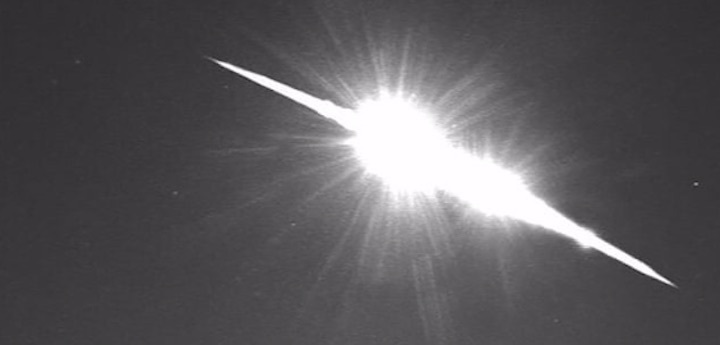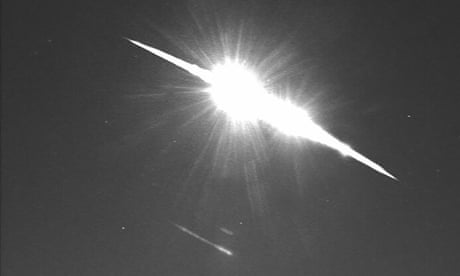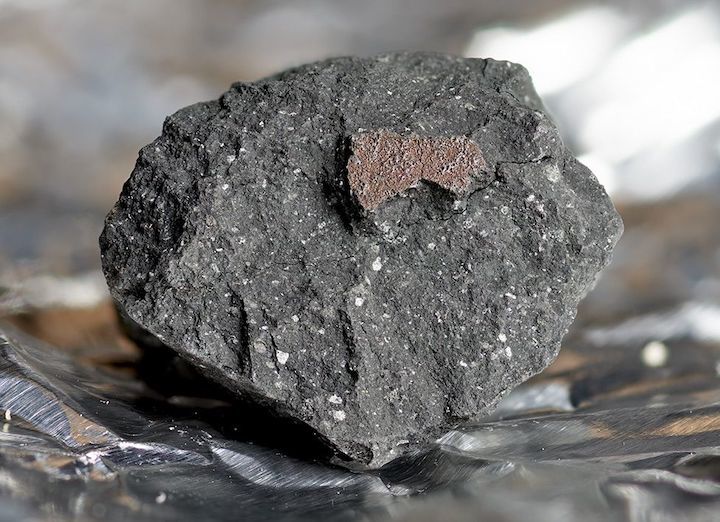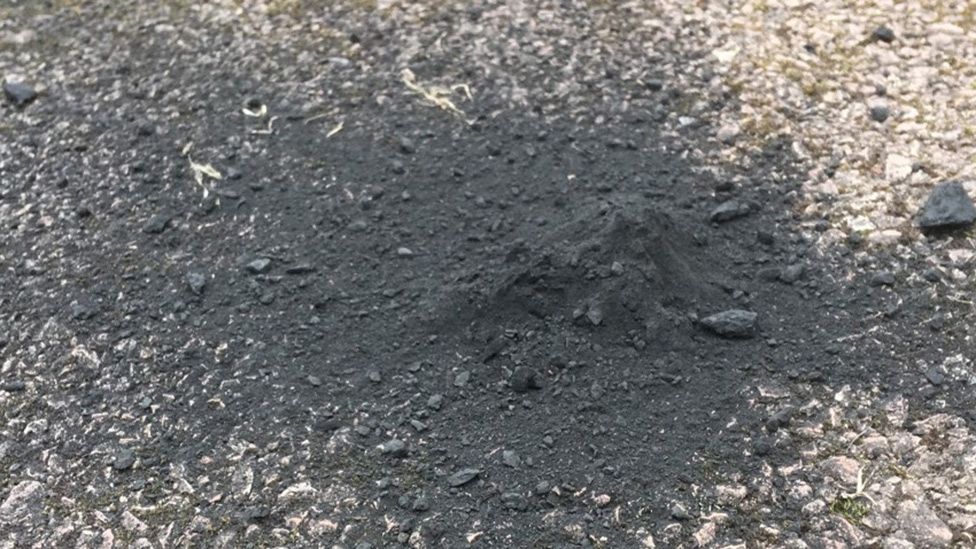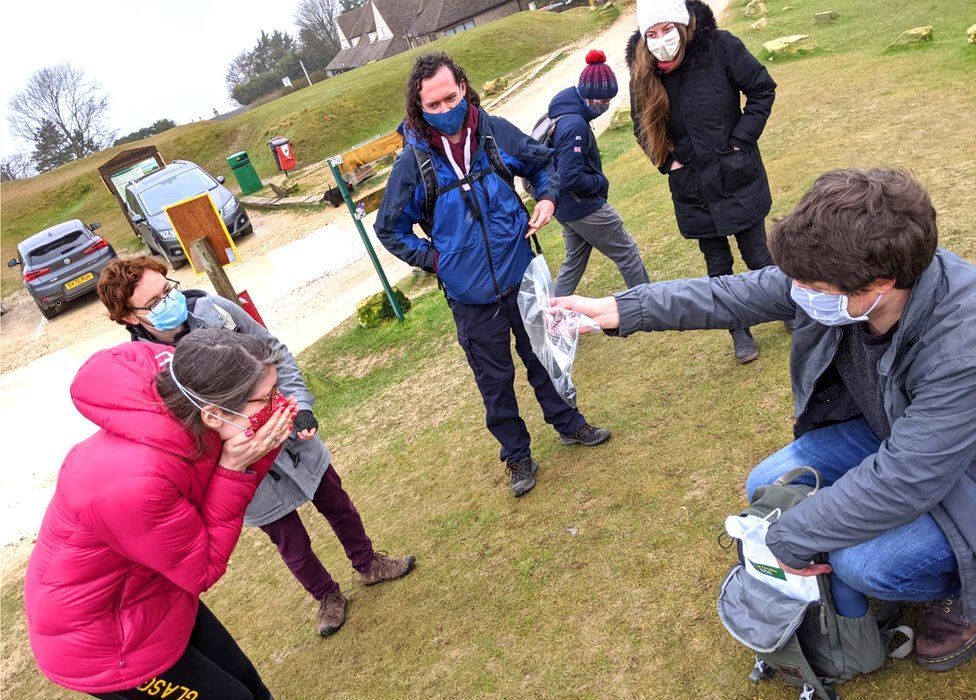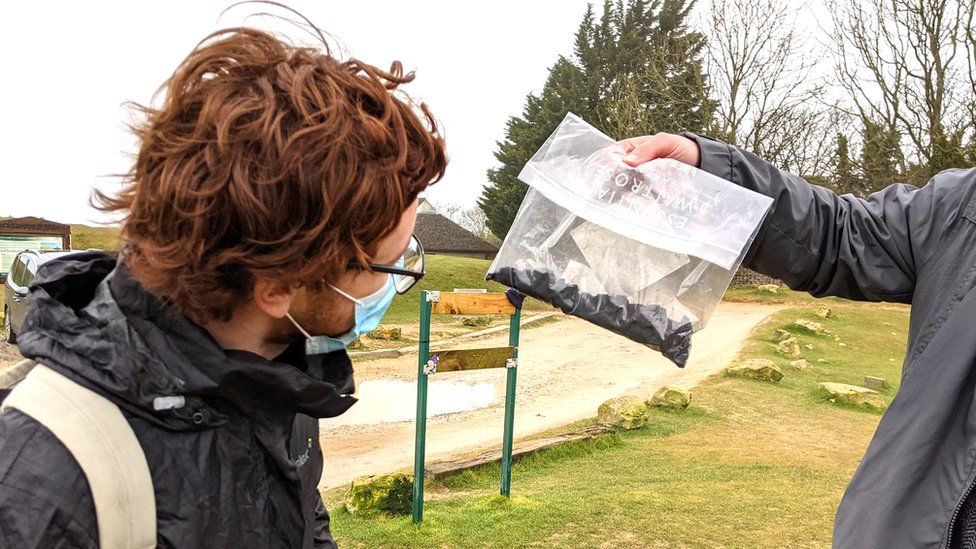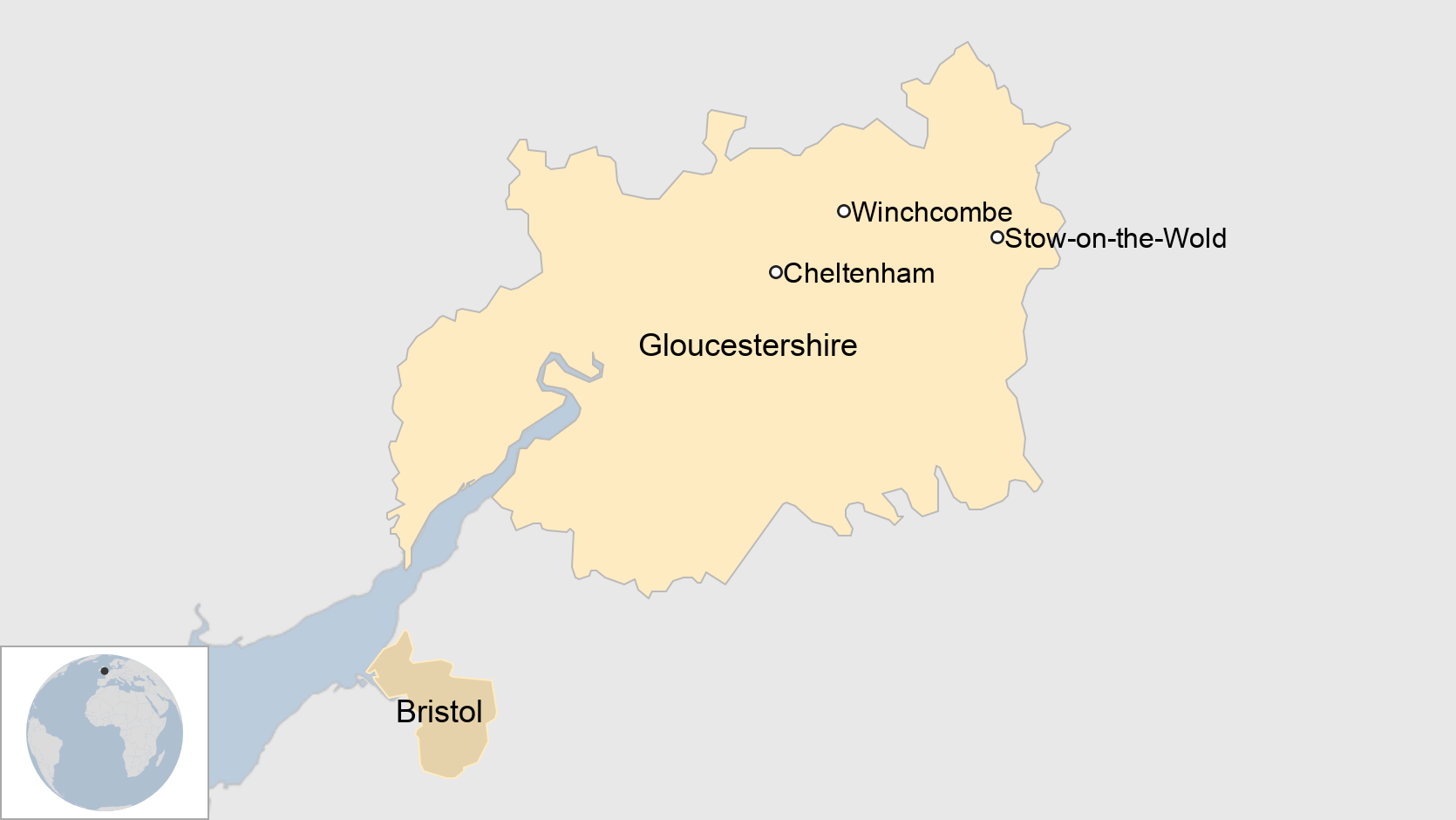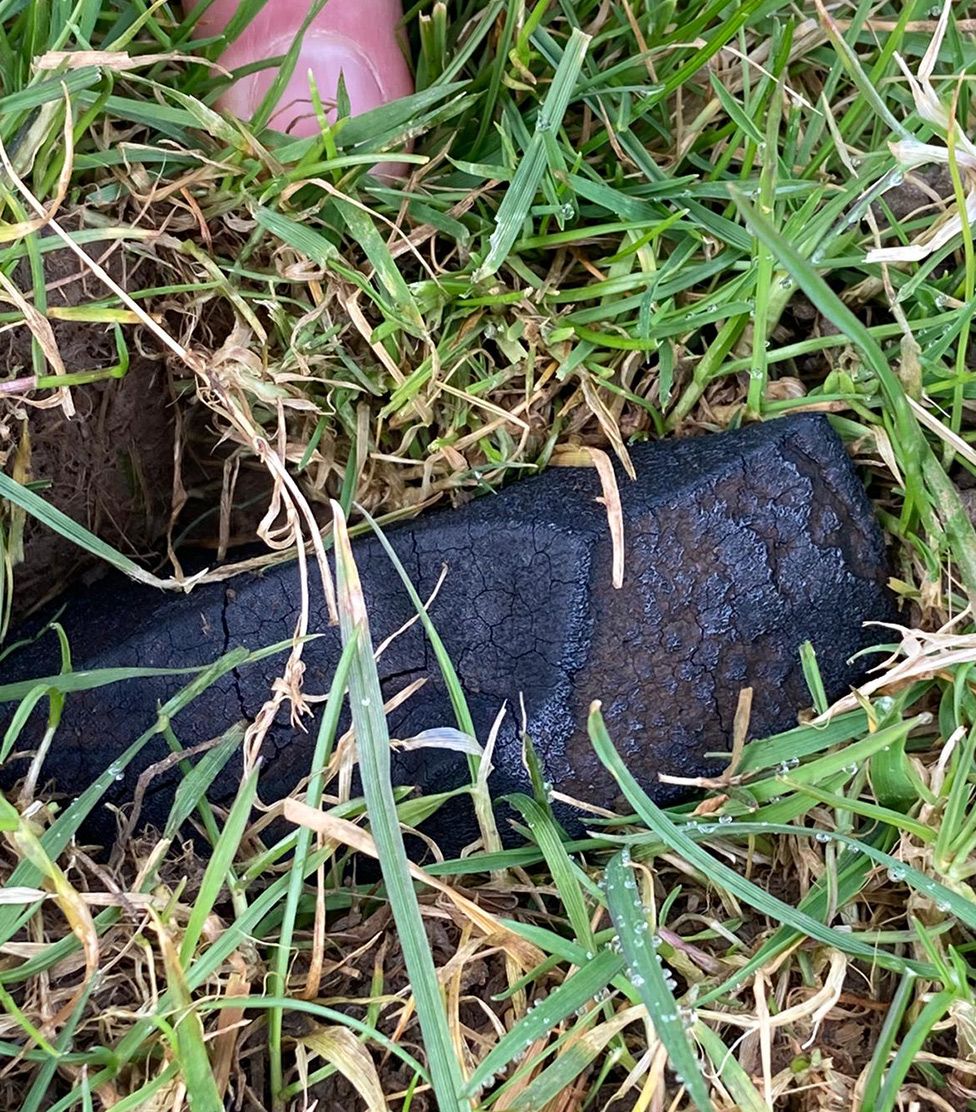A large meteor blazed across UK skies on Sunday night, delighting those lucky enough to spot it.
The meteor was spotted shortly before 10pm and was visible for around seven seconds. It was captured on doorbell and security cameras in Manchester, Cardiff, Honiton, Bath, Midsomer Norton and Milton Keynes.
The UK meteor network, a group of amateur astronomers that has been using cameras to record meteor sightings across the UK since 2012, said the meteor was a fireball, and wrote on Twitter, “From the two videos we saw it was a slow moving meteor with clearly visible fragmentation.”
Meteors are space matter burning up as they enter the earth’s atmosphere. Fireballs are particularly bright meteors that in theory might be visible in daylight. According to the American Meteor Society (AMS), fireballs are generally a magnitude -4, as bright as the planet Venus when seen in the evening or morning. A full moon is magnitude -12.6 while the sun is -26.7.
The AMS said that while “several thousand meteors of fireball magnitude occur in the Earth’s atmosphere each day”, most fall over the ocean or uninhabited areas.
The UK meteor network group said more than 120 people had reported seeing Sunday night’s meteor.
One Twitter user wrote of the fireball: “I first thought it was a bright star or plane, then it got bigger & faster, then a huge flash lit up the sky & it burst into a massive tail of orange sparks trailing behind like a giant firework!”
Also on Twitter, there were alien jokes, with references to Superman, The Day of the Triffids, Men in Black and War of the Worlds.
Others joked that it was revenge for Nasa’s Perseverance rover landing on Mars last week. The rover shared images and the first ever recording of what it sounds like on the red planet.
One user offered to prepare any arriving aliens a full english breakfast.
Quelle: The Guardian
----
Update: 2.03.2021
.
Meteorites may be just north of Cheltenham
The hunt is on for meteorite fragments that are likely to have fallen to Earth over England on Sunday night.
Many people across Northern Europe saw a fireball in the sky shortly before 22:00 GMT, and the streak of light was also caught on special cameras.
Scientists think some pieces will have survived the intense heat of atmospheric entry and hit the ground.
A computer model that analysed the camera data suggests the probable site of impact is just north of Cheltenham.
"We can track the fireball really well, but the 'black magic' starts when it goes dark - when the light goes out and it still has another 10-20km to reach the ground," explained Dr Ashley King from the UK Fireball Alliance (UKFAll) and London's Natural History Museum (NHM).
"Strong winds can blow the object off course of where you think it's going to land, and that's what we're working on now. But, yes, somewhere north of Cheltenham, out towards Stow-on-the-Wold," he told BBC News.
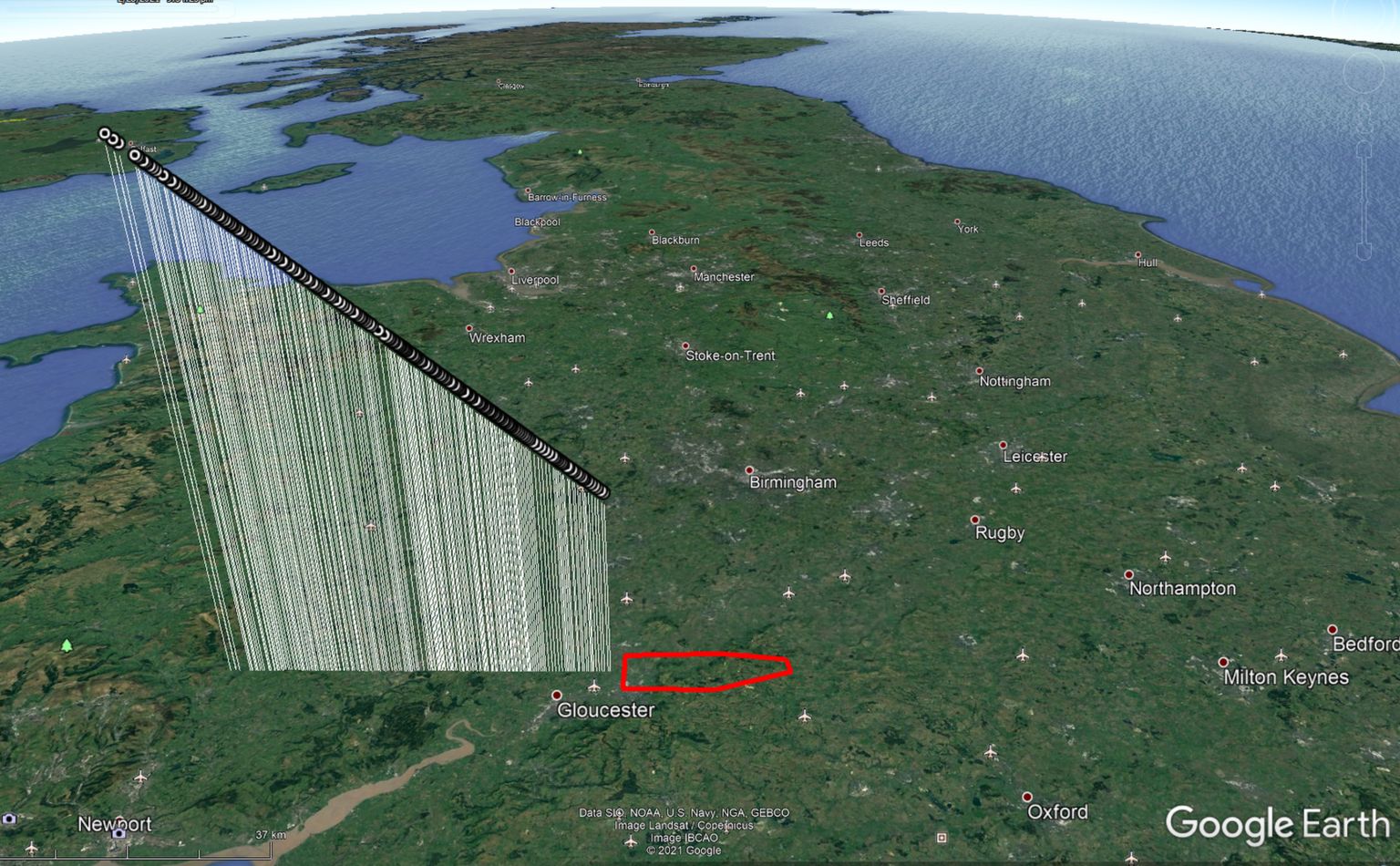
The fireball produced a sonic boom as it hurtled across the southern England sky. Eyewitness accounts describe the object breaking up into several defined streaks just before going dark.
Any fragments that made it to the ground will be small, smaller than an orange, say, and are likely to be dark and shiny.
Anyone who finds what they think might be a meteorite is asked to photograph it in situ, noting the GPS co-ordinates from a phone, if that's possible.
The object should then be bagged without direct handling. And the absolute no-no: do not put a magnet near the object. This could destroy important information needed to study the rock.
"We've learned over the years that most meteorites carry a kind of intrinsic magnetic record within them from when they were in space," said Dr King.
"We can actually study that and learn about where these things came from and how they formed. But if you put a magnet on the object, it's a little bit like wiping your credit card with a magnet. We lose all of that information."
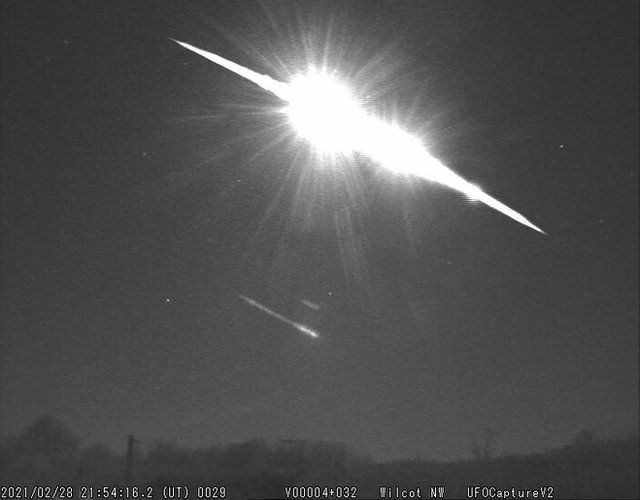
Some of the trajectory work from the camera data has already suggested the object originated in the outer asteroid belt, which is between Mars and Jupiter.
"Most of the asteroids further away from the Sun tend to be these carbonaceous type that have got water and volatile materials in them but until we actually get our hands on some fragments, we can't say for certain," Dr King told BBC News.
Scientists from the UKFAll and meteorite experts from the universities of Glasgow and Manchester and the NHM are interested to hear from anyone who thinks they may have found something of interest.
Even if you just have a photo or video of the event, the researchers request you upload and share it.
Between 10 and 20 meteorites are estimated to fall to the ground in the UK each year, but it's rare that any fragments are actually picked up.
The last recovered fall was in 1991 - the so called Glatton Meteorite, because it fell in the village of Glatton near Peterborough.
Mr Arthur Pettifor was tending his onions in his garden when a 10cm rock fell into his hedge.

Meteorites from sky fireball 'likely to be found near Cheltenham'
Computer modelling suggests fragments of space debris may have landed outside Gloucestershire town
The yellow-green fireball that pierced Earth’s atmosphere on Sunday night, delighting observers from the UK to the Netherlands, is thought to have partially survived the journey in the form of meteorites, most likely landing just north of Cheltenham.
Fireballs are particularly bright meteors – space matter that burns up as it enters Earth’s atmosphere. Whatever is left of it when it reaches the surface of the Earth is known as a meteorite. They are of particular interest to scientists as they can offer crucial clues about the history of the solar system.
Richard Kacerek, founder of the UK meteor network, a group of amateur astronomers who have been using cameras to record sightings across the UK since 2012, said computer modelling suggested the probable site of the meteor’s impact was just north of the Gloucestershire town.
Roughly 50 tonnes of extraterrestrial material enters the Earth’s atmosphere each year, mainly in the form of sand-sized particles called space dust. In the UK, about 20 meteorites – barely the size of sugar cubes – are estimated to land each year. The last recovered meteorite fall was in 1991 in the village of Glatton near Peterborough.
Brighter fireballs have been sighted in the past, said Kacerek. “What makes this particular fireball really special is that we think that something has actually survived.”

